A poet who should now make the whole action of his tragedy depend upon enchantment, and produce the chief events by the assistance of supernatural agents, would be censured as transgressing the bounds of probability; he would be banished from the theatre to the nursery, and condemned to write fairy tales instead of tragedies; but a survey of the notions that prevailed at the time when this play was written, will prove that Shakespeare was in no danger of such censures, since he only turned the system that was then universally admitted to his advantage, and was far from overburdening the credulity of his audience.
Reading Johnson, one gets the impression that pre-Enlightenment people were incapable of distinguishing reality from the products of their minds. But even a cursory read of Macbeth shows this to be false. We cannot accuse the characters in the play of being unaware that the mind can cause a phantasmic experience. That’s what the famous dagger scene is all about. Watching a ghostly blade hover before him, Macbeth does not hesitate to proffer the hypothesis that it may be “a dagger of the mind, a false creation / Proceeding from a heat-oppressed brain.” If Johnson’s ancestors were metaphysical blasphemers, it wasn’t because they didn’t realize that a person might simply hallucinate a goblin; it was because they refused to accept the contention that all goblins were hallucinatory by virtue of their being goblins.
To his credit, we should note that Johnson lived at the tail end of a centuries-long, pan-European madness concerning the supernatural. Between the first decades of the fifteenth century and the middle of the eighteenth, tens of thousands of people, most of them innocent women, were tortured and killed after being found guilty of practicing witchcraft. King James I, who likely commissioned Macbeth, was himself an expert on witches and demonology. For Johnson, this mass hysteria was a vestige of the dark age from which science and reason were finally delivering us. Today, however, most scholars agree that the witch craze of Early Modernity was not so much a holdover from the past as a bitter fruit of modernity itself, witch burnings having been exceedingly rare in the Middle Ages. As Victoria Nelson argues in The Secret Life of Puppets, the Protestant Reformation didn’t put an end to supernatural belief; it just forced it out of conscious light, removing whatever rails had once hemmed it in and turning it into a whirlwind of demons that assailed Europe for three and a half centuries—a mad, endless Walpurgis Night. The decision that the supernatural is inherently irrational makes any experience of it an experience of madness. In a world where the supernatural is real, that’s a recipe for disaster.
As Johnson himself admits, “the brightest gleams of knowledge” has never, at any time, managed to eradicate belief in the supernatural. Yet even he might have been surprised to learn that, in 2018, a Pew Research Center poll would find that 62% of Americans held at least one “New Age” belief, be it astrology, reincarnation, the existence of psychic powers, or the idea that “spiritual energy can be located in physical things.” Though we have never had more reasons to think that the supernatural is bunk, one out of five avowed atheists holds one of the beliefs I just enumerated. Another poll from 2007 showed that 68% of Americans agree that angels and demons are “active in the world” and that only 14% “completely disagree.” The terms “angel” and “demon” being loaded with religious connotations, I can only imagine that the numbers would have been even more startling if the pollsters had widened their net to include belief in aliens, fairies, spirits, and ghosts. Incidentally, a 2015 survey found that 18% of Americans have actually seen a ghost. Probably not far off from the number of people who’ve seen a black bear.
It is worth noting that the Pew Research Centre invariably publicizes such “spooky” findings around Halloween, when it is customary to entertain the quaint notion of the supernatural, if only for a day or two. The article on the 2007 survey was titled, “Goblins and Ghosts and Things that Go Bump in the Night.” It reminds me of the tone adopted by news anchors (a supernatural species unto themselves) when reporting on UFO sightings. The trick is to acknowledge a reality even as you dismiss it. In Groundwork for a Philosophy of Magic, the course I gave at Nura Learning last year, I put down this bizarre shell game to collective “blindsight,” a neurological disorder where a person experiences blindness even as they clearly see what is placed in front of them.
William James said you only need one white crow to disprove the “law” stating that all crows are black. Likewise, you only need one of the countless ghost sightings in history to have been what it seemed to be for ghosts to exist. Add to that the fact that reports of supernatural experience did not abate with the so-called disenchantment of the world, and you may start wondering on which side reasonableness, if not reason itself, really lies. What’s more likely: that everyone is crazy, or that you’re wrong?
Jason Josephson-Storm has compellingly argued that disenchantment is itself a form of myth, giving off enchanting fumes all its own. It isn’t that we ceased to believe in God in the modern era; it’s that, for a time, we were able to believe that we were God. But we couldn’t be God if there were other beings around that might lay claim to the title, nor could we allow insoluble mysteries to compromise the edifice of our certainty. I say “we” when in fact I am talking about a subset of educated moderns who thought it a noble thing to monopolize the conversation about reality for a very long time. Now that global weirding is upon us, however, their voices have become hoarse and less assured, and other voices can be heard. A world that felt small (albeit safe) is starting to feel big (albeit dangerous) again. As we’ve said on the show, radical mystery cannot in good faith be called a hypothesis or belief; the Weird is a plain fact. We don’t know what is going on. It turns out that lots of crows are white.
What I am saying is that certain blinders have been removed. Getting back to Johnson and Macbeth, it’s become possible today to state that, when it comes to supernatural agency, we stand with Shakespeare, not Johnson. We are contemporaries of the Bard. The only difference is that we are less beset by those metaphysical hang-ups that would compel us to see every angel as a demon and every demon as a disease. The imaginal Scotland of the Weird Sisters is simply our world seen under the aspect of the Weird. It is infinitely more “realistic” than the tawdry anthropomorphic stage-set that Dr. Johnson saw as the whole of reality. To draw on Nelson again, it was the forceful denial of the supernatural, and not belief in the supernatural per se, that led to the violent hysteria of the witch hunts and religious wars. Every attempt to reduce supernatural agency to error, disease, or metaphor is a clarion call to the witch-hunters and fanatics of this world. We must learn to make our homes in the Weird. We must be good neighbours to the goblins and treat them reasonably, foremost by allowing them back into the ambit of what can be reasonably thought.
That’s what Macbeth is about. The play was written for us, and now is the time to read it. It is a prophecy and a warning. It is an education in magic realism—the true kind, not the kind that might spice up an otherwise dull chapter with a flying granny or two. Of all Shakespeare’s plays, none is more drenched in the vapours of strangeness, none more willing to brave the vertiginous depths of the Possible, than this one. The above passages from Samuel Johnson come from a section of his pamphlet devoted to the opening stage directions of the play: “Thunder and lightning. Enter three witches.” Macbeth does not give an inch to your unbelief. Right from the start, it is shot through with wonder. It is a sustained experiment in poetic sorcery that gives the lie to all the assurances of a rationalized cosmos. It presents a world where causality itself is a kind of aesthetic flourish, to be used when it feels right—and never straightforwardly. Do the prodigies that Macbeth encounters exist only in his mind, or are they roaming the earth? Who cares, since the “earth hath bubbles, as the water has.” The earth is as fluid as the mind; the mind, as solid as the earth. Reality is a liquid, a storm-tossed ocean of quicksilver. Macbeth testifies to the infinity of the possible, the Real’s power to engender wonder upon wonder, for good and for ill, in a clamour of sound and fury signifying everything.
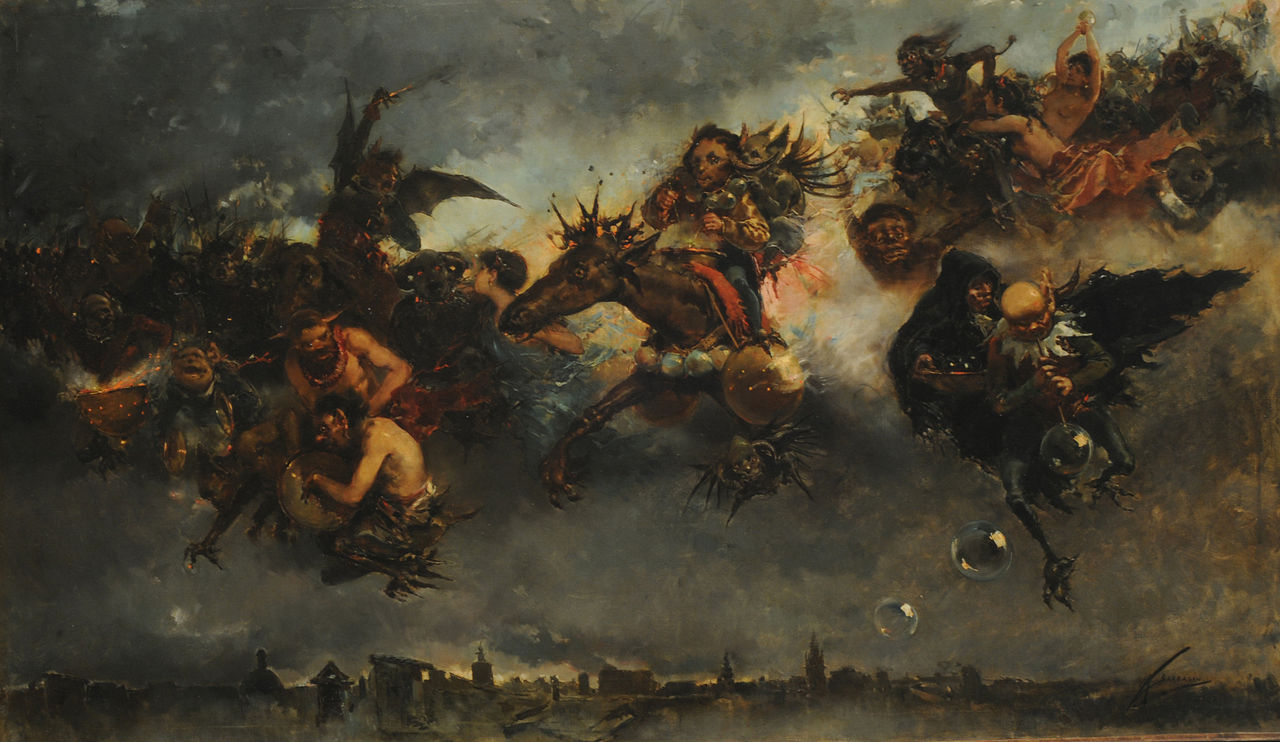
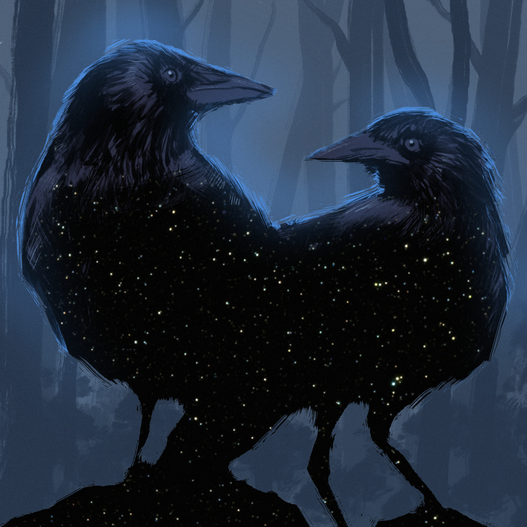
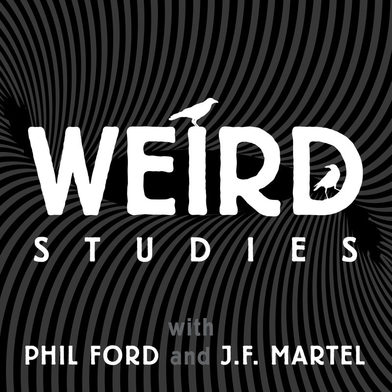
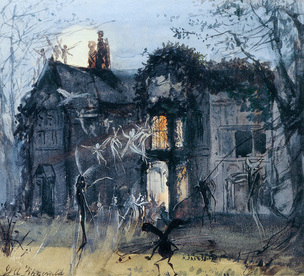
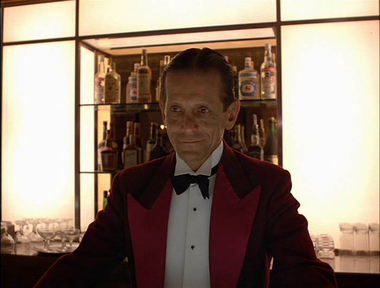
 RSS Feed
RSS Feed